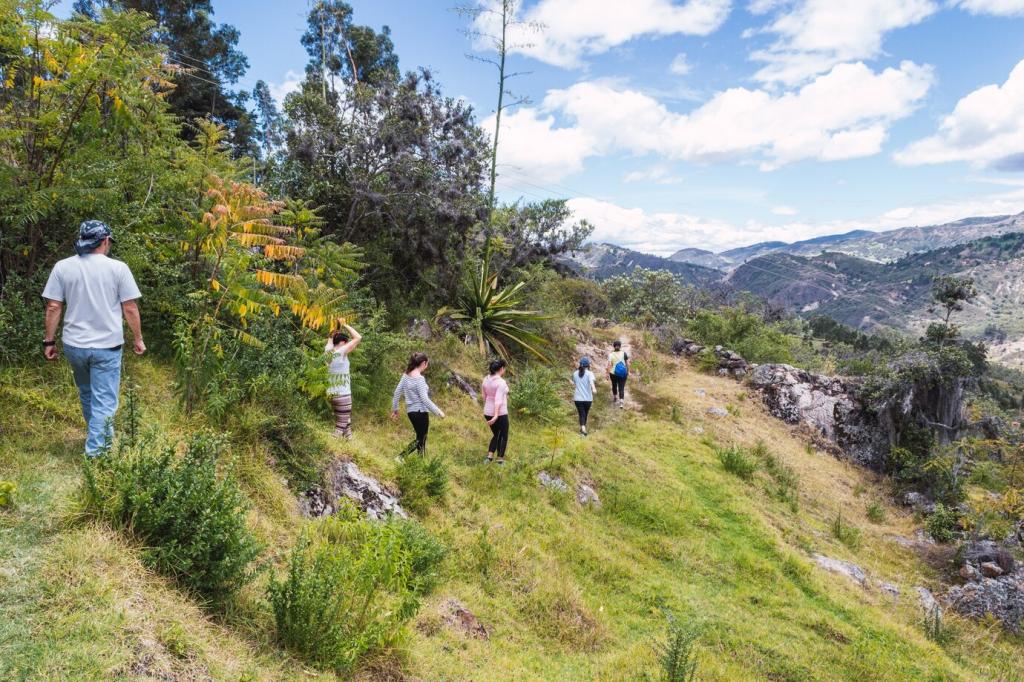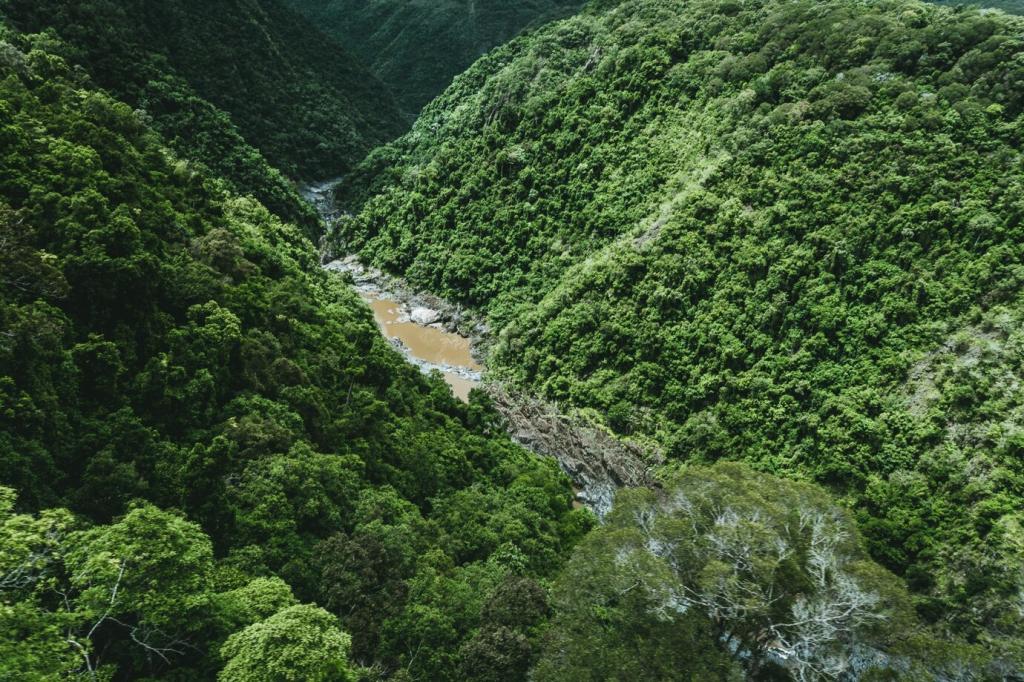Plan a Low-Season, Slow Ocean Escape
Choose shoulder seasons to ease pressure on fragile sites and snag quieter boats. Avoid nesting or pupping peaks unless operators have strict protocols. Ask guides how conditions change month to month. Share your ideal window for a tranquil, ocean-friendly eco-tour and help others plan kindly.
Plan a Low-Season, Slow Ocean Escape
Link ferries and coastal trains instead of flights, and spend two extra days in one harbor rather than sampling five. Slow travel means learning tide tables, names of winds, and morning routines of fishers. What’s your favorite slow coastal route? Drop a suggestion for a future guide.









